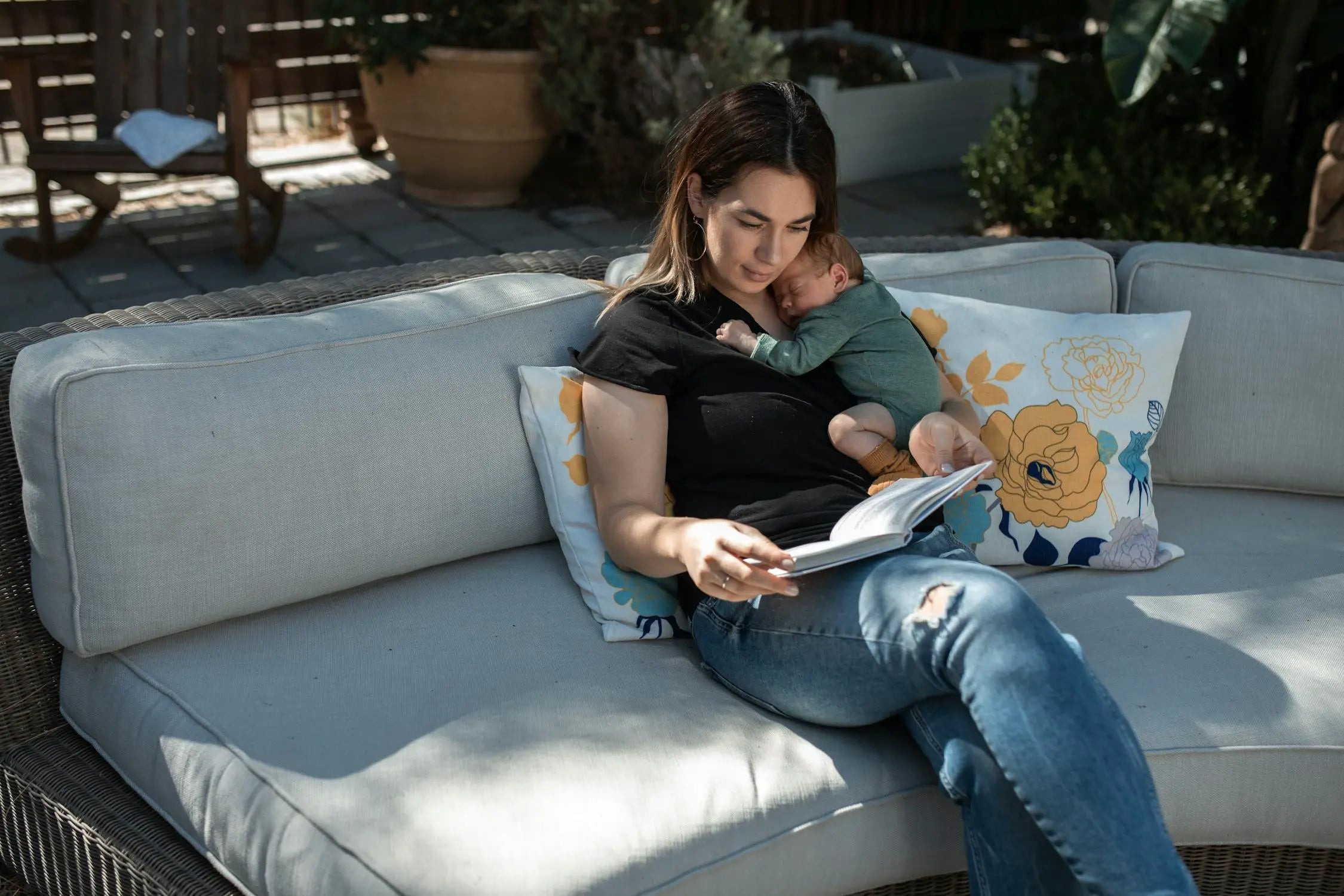Inicio
Pregnancy, Breastfeeding, and Pumping: The Ultimate Guide for Moms
Is a Week Too Early to Take a Pregnancy Test? What You Need to Know

Is a Week Too Early to Take a Pregnancy Test? What You Need to Know
When it comes to taking a pregnancy test, timing is everything. Many women wonder, is a week too early to take a pregnancy test? The answer isn't straightforward, as it depends on various factors, including the type of test used and the individual's menstrual cycle. This article delves into the science behind pregnancy tests, the ideal time to take one, and what to expect if you test too early.
Understanding How Pregnancy Tests Work
Pregnancy tests detect the presence of human chorionic gonadotropin (hCG), a hormone produced by the placenta shortly after a fertilized egg attaches to the uterine lining. hCG levels rise rapidly in the early stages of pregnancy, doubling approximately every 48 to 72 hours. Most home pregnancy tests are designed to detect hCG in urine, while blood tests conducted by healthcare providers can measure hCG levels more precisely.
The Role of Timing in Pregnancy Testing
The accuracy of a pregnancy test largely depends on when it's taken. Testing too early can result in a false negative, even if you are pregnant. This happens because hCG levels may not yet be high enough to be detected by the test. For the most reliable results, it's generally recommended to wait until after you've missed your period. However, some highly sensitive tests claim to detect pregnancy as early as 7 to 10 days after conception.
Factors That Influence Test Accuracy
Several factors can affect the accuracy of a pregnancy test, including:
- Type of Test: Some tests are more sensitive than others and can detect lower levels of hCG.
- Timing of Ovulation: If you ovulate later in your cycle, conception may occur closer to your expected period, making early testing less reliable.
- Individual hCG Levels: hCG levels vary from person to person, and some women may produce lower levels initially.
- Test Instructions: Failing to follow the test instructions precisely can lead to inaccurate results.
What Happens If You Test Too Early?
Testing a week after conception may yield a negative result even if you are pregnant. This can be emotionally challenging, especially if you're eager to confirm a pregnancy. If you receive a negative result but still suspect you might be pregnant, wait a few days and retest. Alternatively, consult a healthcare provider for a blood test, which can provide more definitive results.
Tips for Accurate Pregnancy Testing
To maximize the accuracy of your pregnancy test, consider the following tips:
- Wait until after you've missed your period to test.
- Use your first-morning urine, as it contains the highest concentration of hCG.
- Read the test instructions carefully and follow them precisely.
- If you receive a negative result but still suspect pregnancy, retest after a few days.
When to Seek Medical Advice
If you've taken multiple pregnancy tests with inconsistent results or are experiencing symptoms of pregnancy but testing negative, it's a good idea to consult a healthcare provider. They can perform a blood test or ultrasound to confirm whether you're pregnant and address any concerns you may have.
Taking a pregnancy test can be an emotional experience, and understanding the best time to test is crucial for accurate results. While testing a week after conception might be too early for some, waiting a little longer can provide more reliable answers. Remember, every woman's body is different, and patience is key when it comes to confirming a pregnancy.
Compartir
